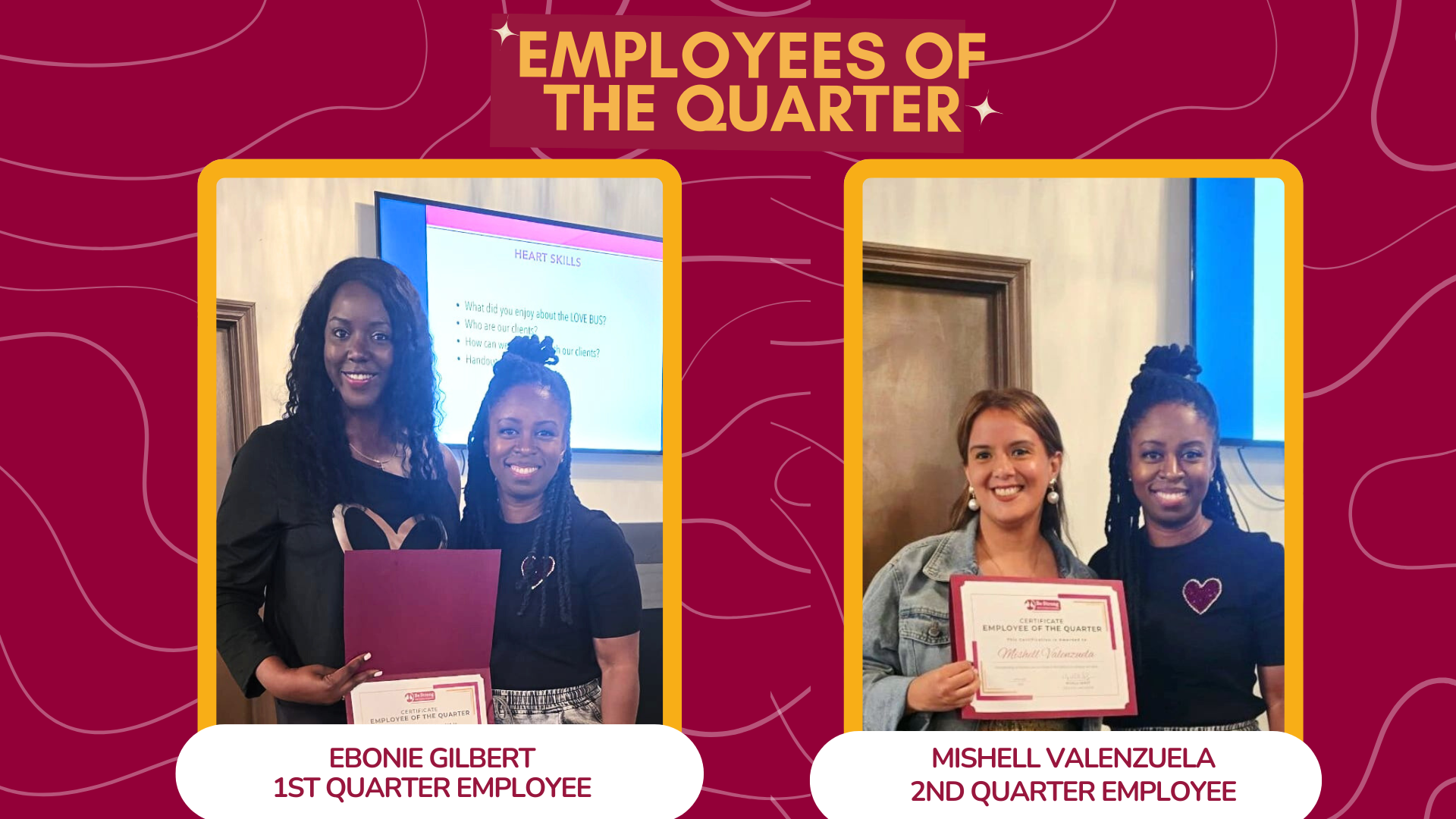All parents want their children to succeed in school, which leads to success in life. We all know how important it is to support our kids’ academic efforts and to be there for them when they need us. If you’re a single parent, you know how hard this can be no matter how strongly you believe in education. Single-parent families tend to have lower incomes and less access to resources like tutoring or special academic programs. Their children are more likely to drop out of school. The good news is that single-parent families can find support to help their children do well in school and later in life.
Single-Parent Families Are More Common
More and more children in the United States are living with a single parent, and that can make it hard for them to succeed in school. Today, almost one-third of U.S. children live in households with an unmarried parent, according to the Pew Research Center. Pew finds that the rate of single-parent families has more than doubled in the last 50 years, from 13% in 1968 to 32% in 2017. The Kids Count Data Center says the rate has been holding mostly steady since 2010, stubbornly hovering at about 35% – totaling just under 24 million children each year.
The numbers include children living with two unmarried people. They do not include those living with a parent and stepparent or children living in institutions such as group homes.
The Stresses of Single Parenting
If you thought being married with children was hard, try being single with children! Although both married and single parents face many of the same child-rearing problems, singles must solve theirs without automatic backup and support. Even when the non-custodial parent pays child support and pays it on time, it can be a struggle to suddenly have to live on one income when you are used to having two.
Today’s single-parent family faces a great deal of stress, according to the American Psychological Association, which notes several sources of pressure:
- Visitation and custody problems
- Continuing conflict between the parents
- Less opportunity for parents and children to spend time together
- Effects of the breakup on children’s school performance and peer relations
- Disruptions of extended family relationships
- Parents dating new people
Children in single-parent families are more likely than two-parent children to have accidents, to need medical care for physical illnesses and to be hospitalized, says Science Direct, a clearinghouse for scientific research. It also finds that “single parents have higher levels of mental health problems, which could result partly from the stress of trying to balance the needs of employment, home responsibilities, child rearing, and interactions with the child’s school with limited time, personal, and social support.”
It’s no wonder single-parent children often struggle in school!
Effects of Single-Parent Families on Children’s Education
Children in single-parent families are more likely to drop out of school and less likely to finish college than two-parent children, according to one study. Many factors contribute to their struggles:
Lack of Time
A single mom or dad may have to work longer hours to make ends meet, so they have less time and energy to help their children with schoolwork. If the child also works to help pay expenses, it can give them less time to spend on their school work.
Lack of money
Extracurricular activities and community involvement are an important part of school today, especially when it comes to getting into college. But their cost can keep a single-parent child from participating.
Emotional Stress
When your family is going through a divorce, or if financial struggles mean you have to move a lot or even become homeless, school becomes a low priority.
Mental Health
Children in single-parent families often have trouble making friends and developing healthy relationships with adults. They often struggle with depression, anxiety and low self-esteem, which can lead to substance abuse.
 Single-Parent Education
Single-Parent Education
Even with all these challenges, you can improve your child’s academic chances if you show interest in education – not just theirs, but yours too. Studies show that the more education a parent has completed, the more likely their children are to succeed. If you’re thinking of going back to school for a better job for your family, you can get help from single-parent student grants and other sources of financial aid:
The Federal Pell Grant Program
Some people call the Federal Pell Grant program “the single mother grant,” because so many single parents have used it to go back to school and increase their income potential. Most recipients are undergraduate students and get the aid because of financial need. To apply for a Federal Pell Grant, fill out the Free Application for Federal Student Aid (FAFSA) at the FAFSA website.
Federal Supplemental Education Opportunity Grants
You can win an FSEOG grant if you show sufficient financial need in your FAFSA application.
 State Grants for Single Parents
State Grants for Single Parents
Many states also offer their own education grants to encourage students to seek higher education. You don’t have to be a single parent to get one, but some state programs take family financial status into account and give most of the aid to disadvantaged and low-income families. To determine whether your state offers a similar grant program for students, visit your state’s financial aid website.
Academic Competitiveness Grant (ACG)
The ACG is a merit-based educational grant for first- and second-year college students who graduated from high school during 2006 or after 2005. Some students already receiving a Pell Grant can win the award based on academic merit. To apply, complete a FAFSA application.
The National SMART Grant
SMART stands for Science and Mathematics Access to Retain Talent. The grant is a merit-based award to third- and fourth-year Pell Grant students in physical, life or computer sciences; mathematics, technology or engineering programs; and some other programs of study. You have to have a grade-point average of at least 3.0 to be eligible.
Single-Parent Education Challenges
Single-parent families face many challenges that married families don’t experience. Perhaps few are as important to conquer as education, which determines our success for generations to come. Ask for help getting your child what they need to succeed. Show your child that learning is important to you by taking opportunities to improve your own education.
For more information or help with parenting your child, register for our free courses, which are being delivered virtually.









